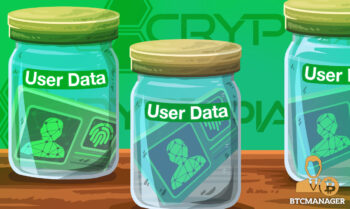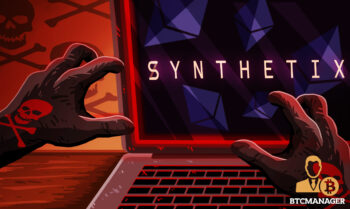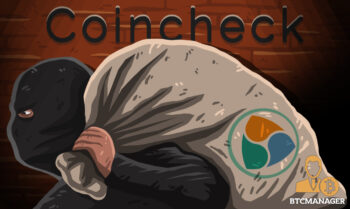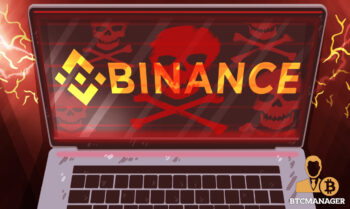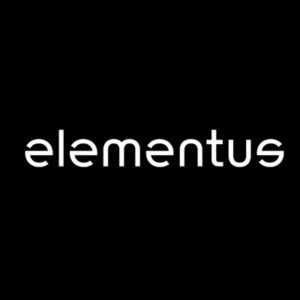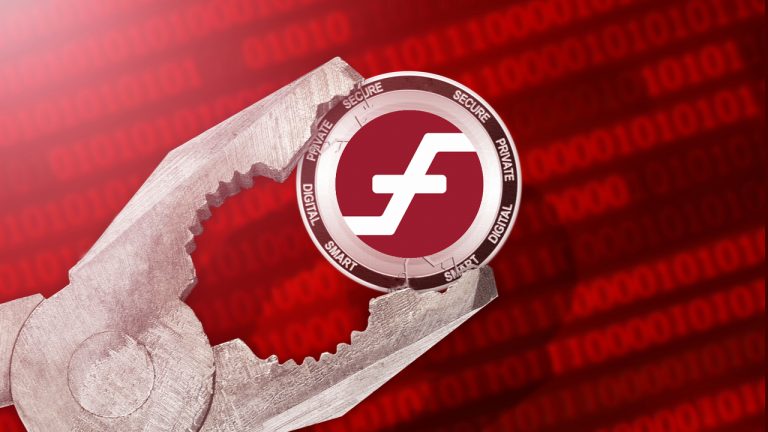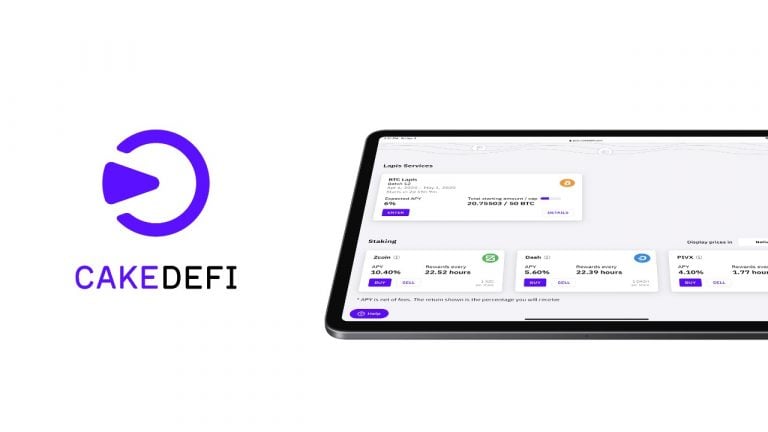2020-2-18 16:36 |
Coinspeaker
Clearing Confusion: Can Blockchain Transactions be Hacked?
Blockchain technology, since its inception, has given us an assurance that the data stored in blocks will be transparent, accessible, yet secure. It has emerged as a superhero who can save the world of healthcare, finance, education, and enterprise from frauds, duplicate data storage, hidden costs, and much more.
The technology has proven its potential beyond cryptocurrencies and has landed among the top trends. It has encouraged developers and entrepreneurs to get a profound knowledge of blockchain basics before entering the market.
But, is blockchain actually hackproof? Before you nod in affirmation, let us say: No, it’s not.
A majority of blockchain networks operate on public databases. Because of this, anyone having the authorization to view the transactions within the network can easily look into history. They might not figure out what is the real name of the user but can easily find out when a particular transaction has been performed and using which wallet.
Besides, since any data added in a block is often approved by the user with the highest spending, it is possible that the hacker double-spend their cryptocurrencies to get this privilege and fork the transaction. Something termed as 51% attack in the technical world.
Clear evidence of which is that nearly $1 billion have been stolen by opportunistic attackers from varied exchanges as disclosed by an analytics firm Chainanalysis.
Now, knowing this, the next question that hits everyone’s mind is: How to prevent blockchain transactions hacking? The answer is: Zero-Knowledge Proof.
Brief Introduction to Zero-Knowledge ProofProposed by the MIT researchers Shafi Goldwasser, Charles Rackoff, and Silvio Micali, Zero-Knowledge proof (ZKP), in layman language, is encryption process where a person (prover) confirms whether a statement is true to another person (verifier) without revealing any information.
Let us explain with an example.
Suppose, two employees, A and B who are working in the same company got incentives. They are curious to know if they have received the same amount of incentive, but are not comfortable in disclosing it.
So, assuming that the incentive can be either $100, $200, $300, or $400, employee A brought four lockable boxes and placed them in a vacant room. He marked them $100, $200, $300, and $400, and left with the key of the box related to his incentive value.
Now, Employee B entered the room with 4 pieces of clothes. He inked ‘1’ on one of the papers while ‘0’ on the others. Here, the ‘1’ sign represents his incentive value while the ‘0’ denotes other values. He opened the boxes and kept the clothes in all the lockable boxes and left the room while informing Employee A about the meaning of signs.
Employee A revisits and checks if the box’s key he has, has the clothes with ‘1’ sign inked. When not, he gets to know they haven’t received the same amount of incentive. Likewise, when Employee B finds Employee A with the clothes having ‘0’ sign inked, he too realizes that they got a different amount of incentives.
In this way, both come to the conclusion that they have not received the same amount of incentives. But, since none of them revealed the real numbers, they have no idea whether Employee A has got more incentive than Employee B, or vice- versa.
So, this is what we call Zero-Knowledge Proof.
The protocol enables users to conduct an action while maintaining data anonymity and privacy – something that the Blockchain transaction is lacking presently.
Now, since the approach is made clear, there are high chances that you want to know how you can introduce the ZKP concept in the Blockchain ecosystem.
But before we jump to that part, let’s have a look at the real-world implementations to understand its scope far better.
Real-World Examples of Implementation of ZKP in the Blockchain ArenaZCoin. The foremost example of the implementation of Zero-Knowledge Proof (ZKP) in the blockchain system is ZCoin. The company employs ZKP-based Zerocoin protocol to introduce the power of security, anonymity and scalability in the transactions.ZCash. It is the open-source blockchain network which adds the possibility to keep the transactions transparent when safeguarding the associated information.ING. Another example is ING which is a bank in Netherland. This bank has revamped the Zero-Knowledge proof to introduce their own Zero-Knowledge range proof which reduces the demand for higher computational power.With this covered, let’s make no more hassle and cover the core part of the article, i.e, possible implementations of Zero-Knowledge Proof in the Blockchain world.
How Can Zero-Knowledge Proof (ZKP) Be Implemented in Blockchain?Authentication. As you can learn from the example shared above, Zero-Knowledge Proof helps build Blockchain networks where users need not share sensitive information for performing any transaction. Something that lowers the risk of data leakage.Messaging System. In the current mechanism followed by messaging systems, users have to reveal some sensitive information to the server for identity verification. But, when ZKP is introduced in the process, users aren’t required to share extra information for building end-to-end trust.File System Control. Zero-Knowledge Proofs concept can add numerous security layers to files, logins, and even users. This can make it tough for everyone to hack or update the stored information.Complicated Documentation. Lastly, Zero-Knowledge proof will increase the chances of data encryption in small chunks. It will also offer access to certain users while impeding access to others. This can further help in protecting complex documentation from unauthorized users.So, these were some of the ways the concept of Zero-Knowledge Proof (ZKP) can be introduced in the blockchain system and make the transactions unhackable.
However, this is again not an easy task.
Various challenges are associated with the process of collaborating the concept into the blockchain development process. So, it is advisable to bring an experienced blockchain developer on board for reaping higher benefits with this integration.
Clearing Confusion: Can Blockchain Transactions be Hacked?
origin »Bitcoin price in Telegram @btc_price_every_hour
High Performance Blockchain (HPB) на Currencies.ru
|
|




